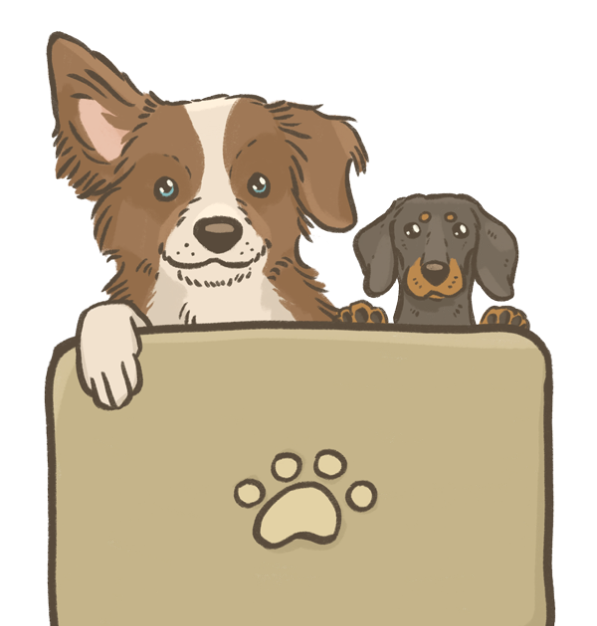A Guide to Healthy Weight Gain for Your Dog

There’s plenty of advice on healthy weight loss for dogs, but what about dogs that need to gain some weight? If your dog seems a little too lean, it’s important to take the right steps to help them gain weight safely. This guide will help you explore healthy ways to help your dog gain weight.
Vet First
If your dog has weight loss for no reason or it seems quite sudden, it’s best to speak to your vet. Also, if your dog is very thin, or you’ve adopted or fostering a rescue that is very underweight, please chat with your vet about ways to help them gain weight safely, and for a full health check.
Does my dog need to gain weight?
Ribs should be easily felt but not easily seen and, in most breeds, you should be able to see a waist ‘tuck’.
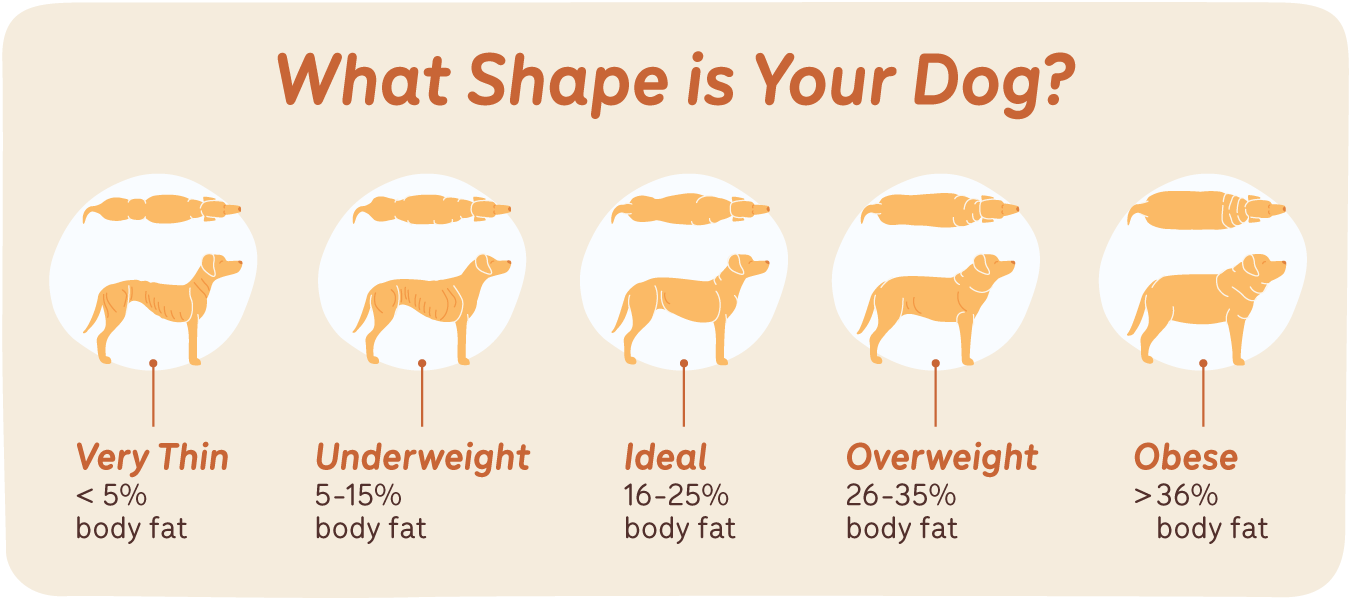
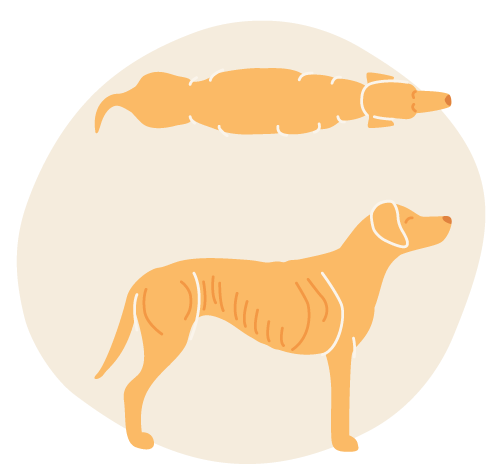
Signs that indicate a dog is underweight include:
- Prominent ribs, spine, and hip bones.
- Lack of muscle mass.
- Low energy levels.
- Dull, dry, brittle fur / coat.
- Weakened immune system - increased susceptibility to illness.
Factors that may contribute to low body weight in dogs
1. Not feeding enough food: Pet Food Feeding Guides are just a guide and can’t factor in your dog’s individual metabolism, activity level, lifestyle age etc. They’re a great starting point but you will need to adjust to suit your dog’s needs. To get started, try using our feeding guide calculator. Remember to feed your dog at their target weight rather than their current weight.

2. High energy and activity levels: Working dogs and highly active dogs may require more calories than the average dog to fuel their bodies and maintain body weight.
3. Poor-quality food: Highly processed, low-quality dog food may not provide your dog with all the nutrients they require. Highly processed foods aren’t always easy for dogs to digest, and the nutrients aren’t as bioavailable as minimally processed foods.
4. Dental issues: Oral pain can make it very difficult for dogs to eat.
5. Parasites: Worms and internal parasites can result in weight loss.
6. Stress and anxiety: Stress can affect a dog’s appetite.
7. Chronic health conditions: Conditions like diabetes, cancer, or kidney disease (to name only a few) can all contribute to weight loss in dogs.
How to help your dog gain weight
Feed them more - make sure you’re feeding them at their desired weight, rather than their current weight. Use feeding guides as a guide and adjust to suit your dog’s metabolism. Some Big Dog families have dogs the same size with vastly different metabolisms and daily feeding amounts (sometimes almost double), so don’t be afraid to adjust their intake – feed the dog in front of you to suit their needs.
We recommend feeding your dog a fresh diet that has high quality protein, healthy fats and is higher in calories to help them gain weight. Avoid low fat / low calorie foods – Kangaroo is a popular meal for dogs, but this meat is very lean.
Adding more protein and healthy fats to their meals, eg. quality meat, salmon, fish oil, coconut oil, egg.
The Big Dog Pet Foods range offers a variety of high-quality meals to help dogs gain or maintain weight.
Big Dog’s Best Foods to Help your Dog Gain Weight:
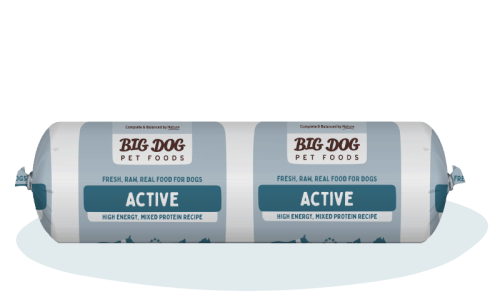
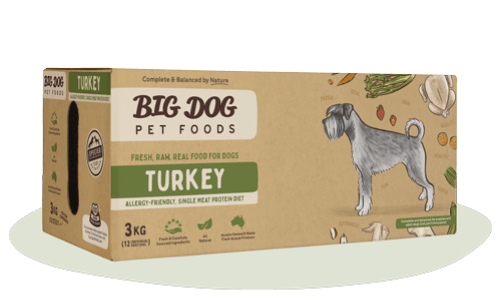
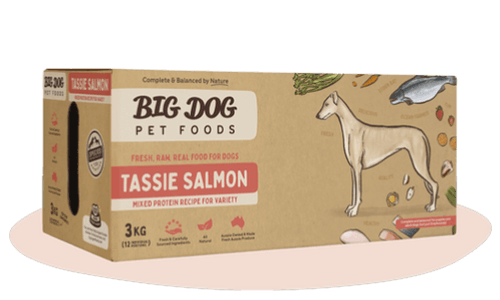
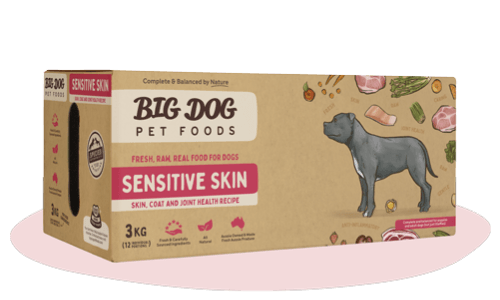
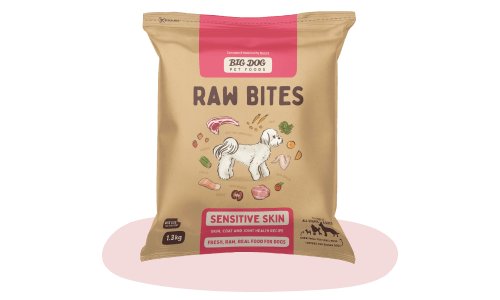
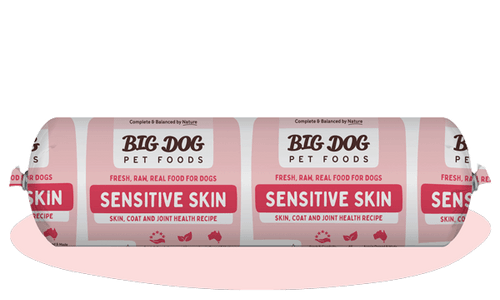
Names like Sensitive Skin shouldn’t put you off from feeding your dog these recipes if they don’t have either of these conditions, they’re still highly nutritious recipes loaded with supportive ingredients for all dogs. They also have a higher fat and calorie content than other recipes in the range.
If you’re looking for more variety, the Big Dog core range recipes all have a healthy amount of calories and fat; to boost them you could add a cracked raw egg or some salmon to increase the healthy fats.

For dogs that don’t have a great appetite, try feeding them a few times a day. Break their daily feeding amount down to 3 (or 4) small meals to make it a little more appetising and less overwhelming. Some dogs enjoy enrichment toys to make meal time more appealing and stimulating.
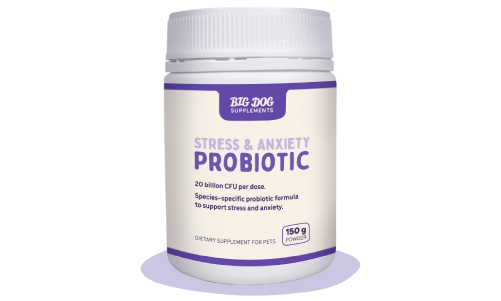
Probiotics are beneficial for dogs that need to gain weight, as they will help with immunity, absorption and digestion. For dogs with anxiety, Big Dog’s Stress and Anxiety Probiotic is the best choice for extra support.
To read more about healthy weight for dogs check out these articles:
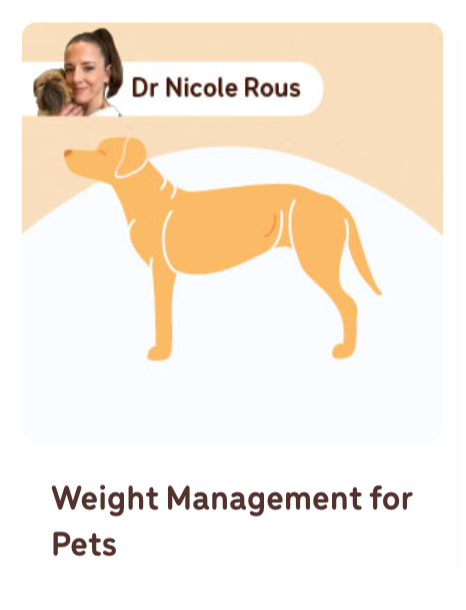
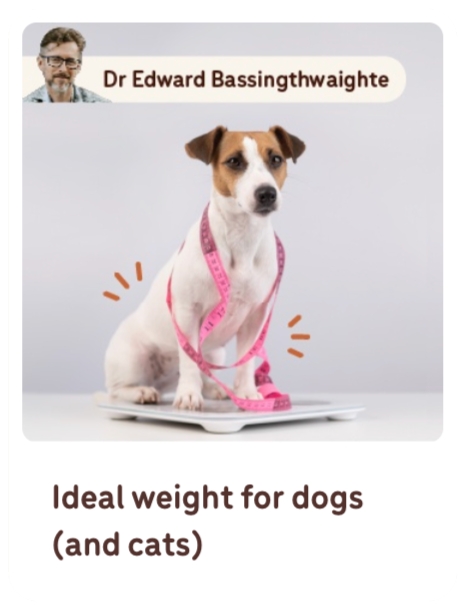
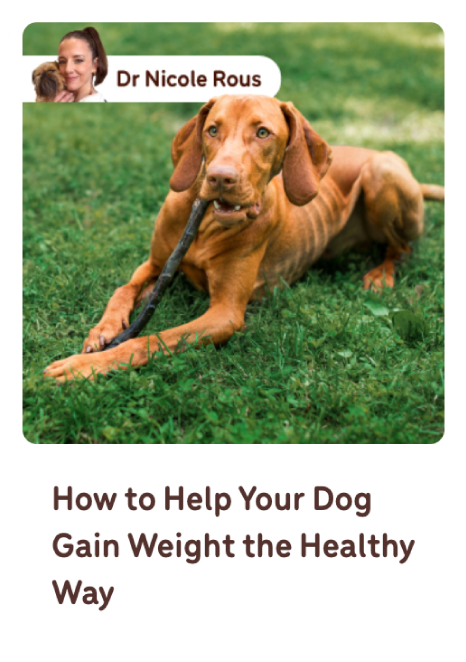
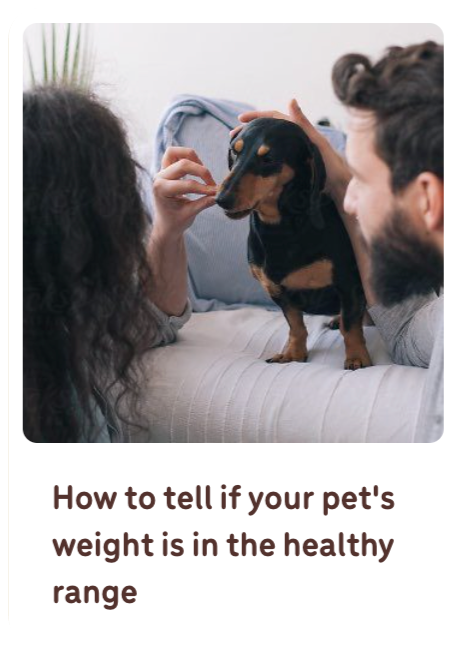
Or watch our Pooches at Play episode with Lara Shannon on managing weight loss and gain with our pets.
To get in touch with our friendly Customer Care team, head here to fill in the contact form: https://www.bigdogpetfoods.com/contact/advice-and-support
Or join our Big Dog Family Group on Facebook to discuss things like this and more with other raw feeders.
Note: This blog is not meant to replace veterinary advice. If you're concerned about your dog's weight, don't hesitate to call the vet.
